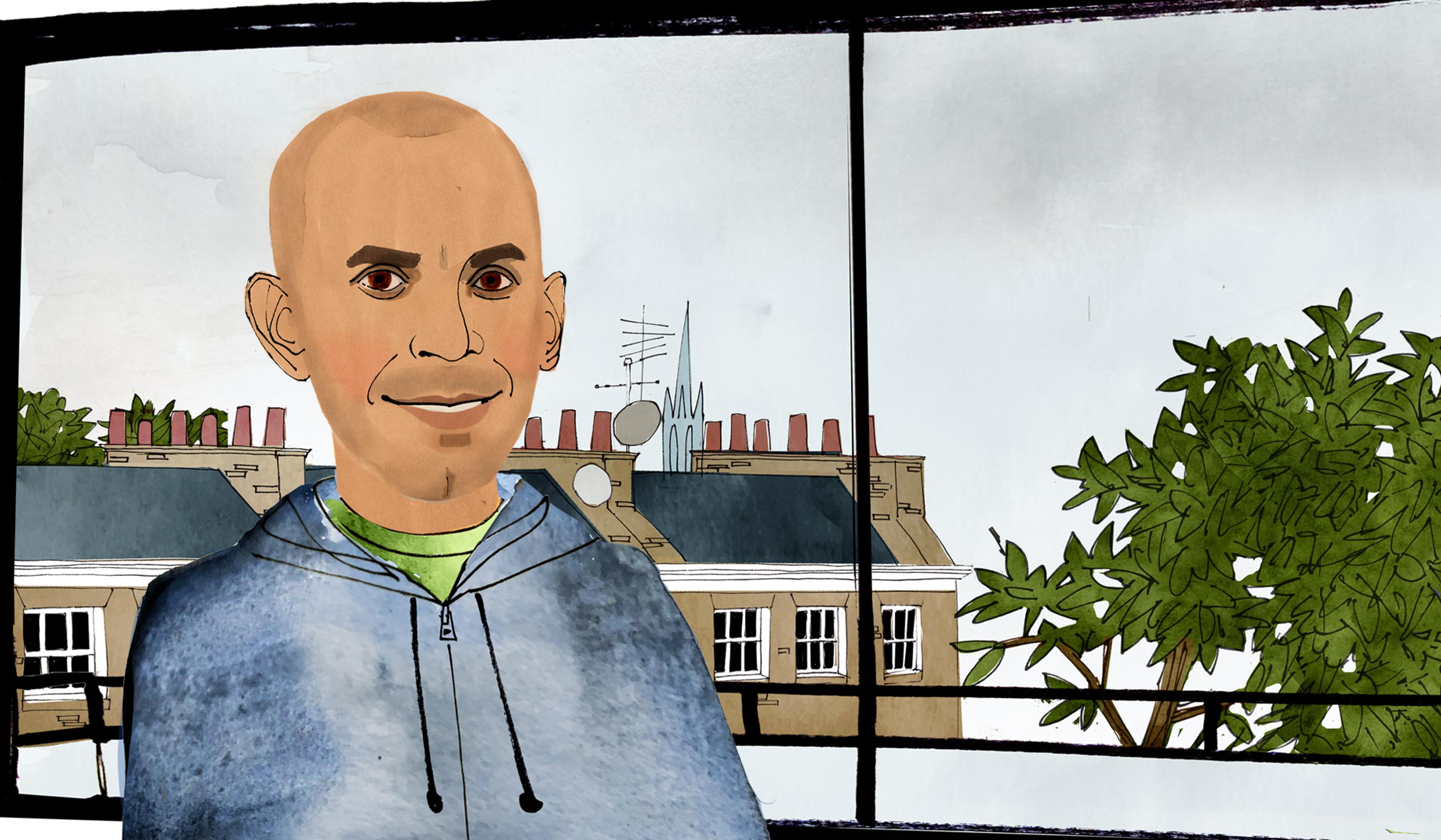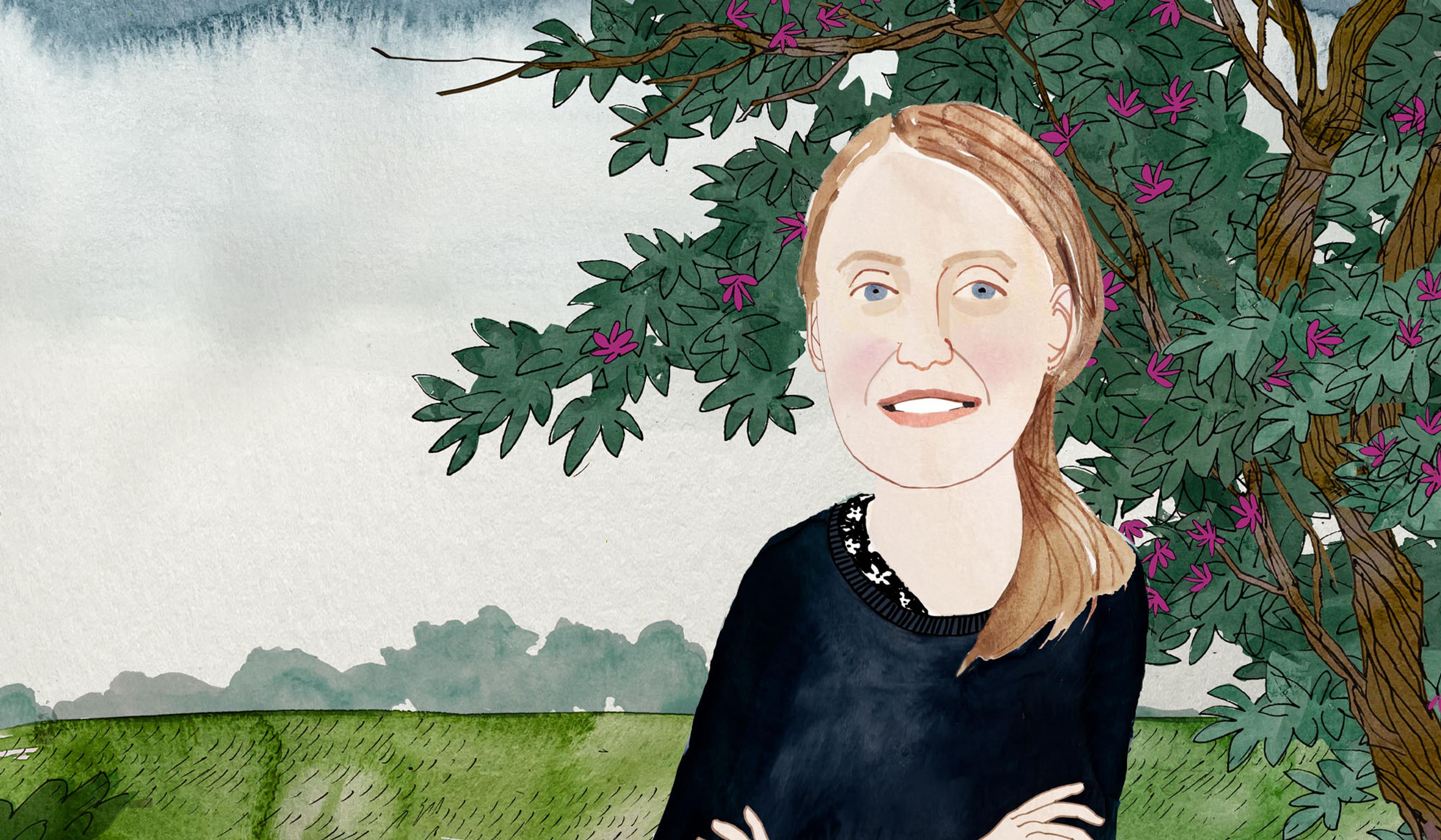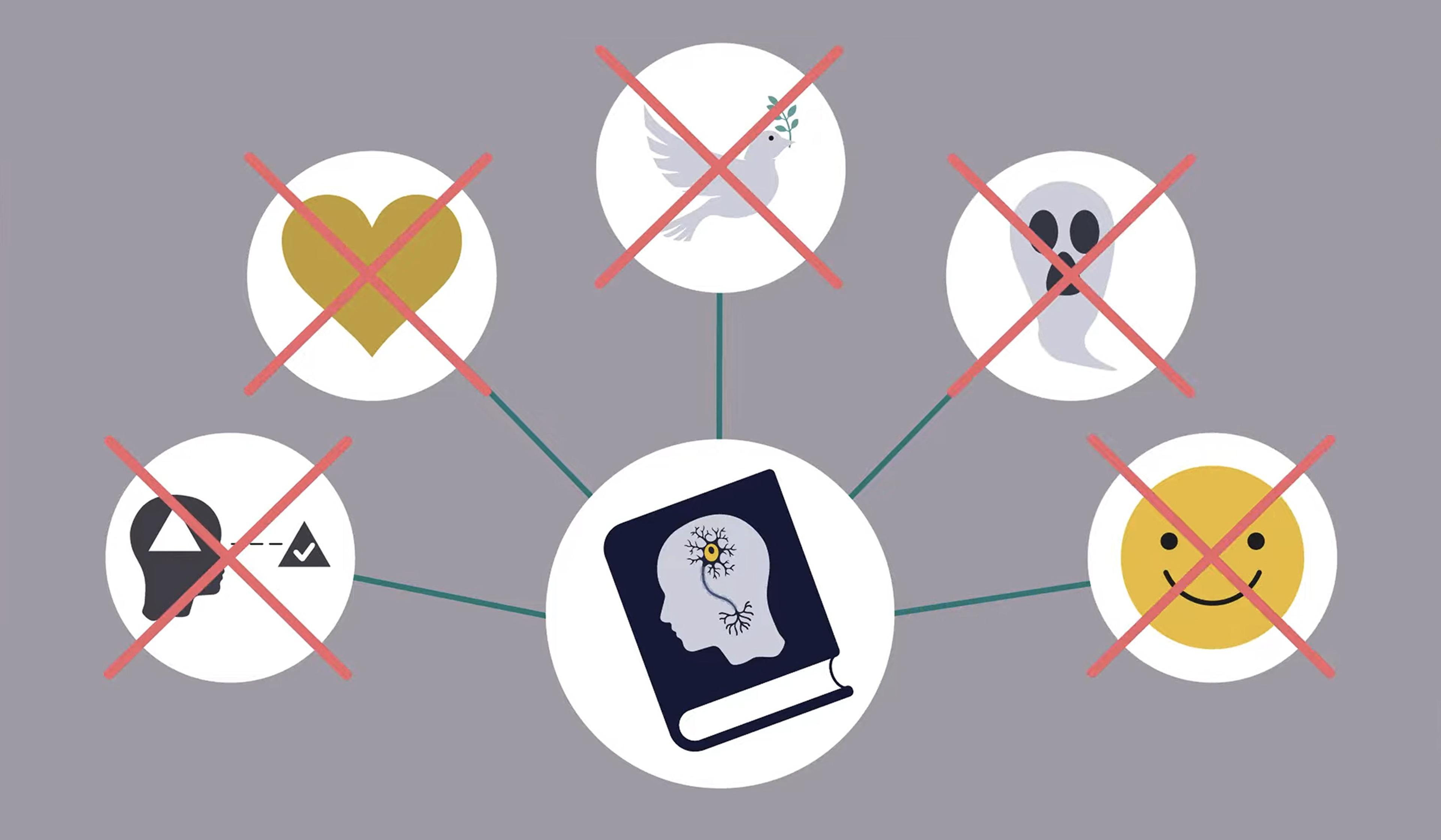Pleasure, despite being central to human experience and evolution, is quite hard to define. Aristotle argued that what we call pleasure is comprised of at least two distinct aspects, hedonia (pleasure) and eudaimonia (human flourishing or a life well-lived). However, as Morten Kringelbach, professor at the department of psychiatry at the University of Oxford in the UK and at the Centre for Music in the Brain at Aarhus University in Denmark, points out this instalment of Aeon’s In Sight series: ‘It’s surprisingly difficult to show that somebody who is happy is also somebody who has had a lot of pleasure.’
Kringelbach’s research into how pleasure works in the brain seeks to find the connections between experiencing hedonistic pleasure – food, sex, drugs – and living an eudaimonic life. When all is well, he discovered, there is a system of give and take between different regions of the brain that yields experiences of pleasure that cumulatively contribute to feelings of wellbeing. However, imperfections in the mechanisms that govern pleasure in the brain leave us susceptible to conditions such as addiction, an unhealthy fixation on the pursuit of pleasure, or depression, in which both the desire for pleasure and pleasure itself are significantly diminished. A common characteristic of these and other affective disorders is that they take people away from what Kringelbach argues are the two key – often overlooked – aspects of pleasure: variety and community. Ultimately, he thinks, variation in pleasure, together with sharing that enjoyment with others, is what’s needed for a well-balanced, eudaimonic life.








